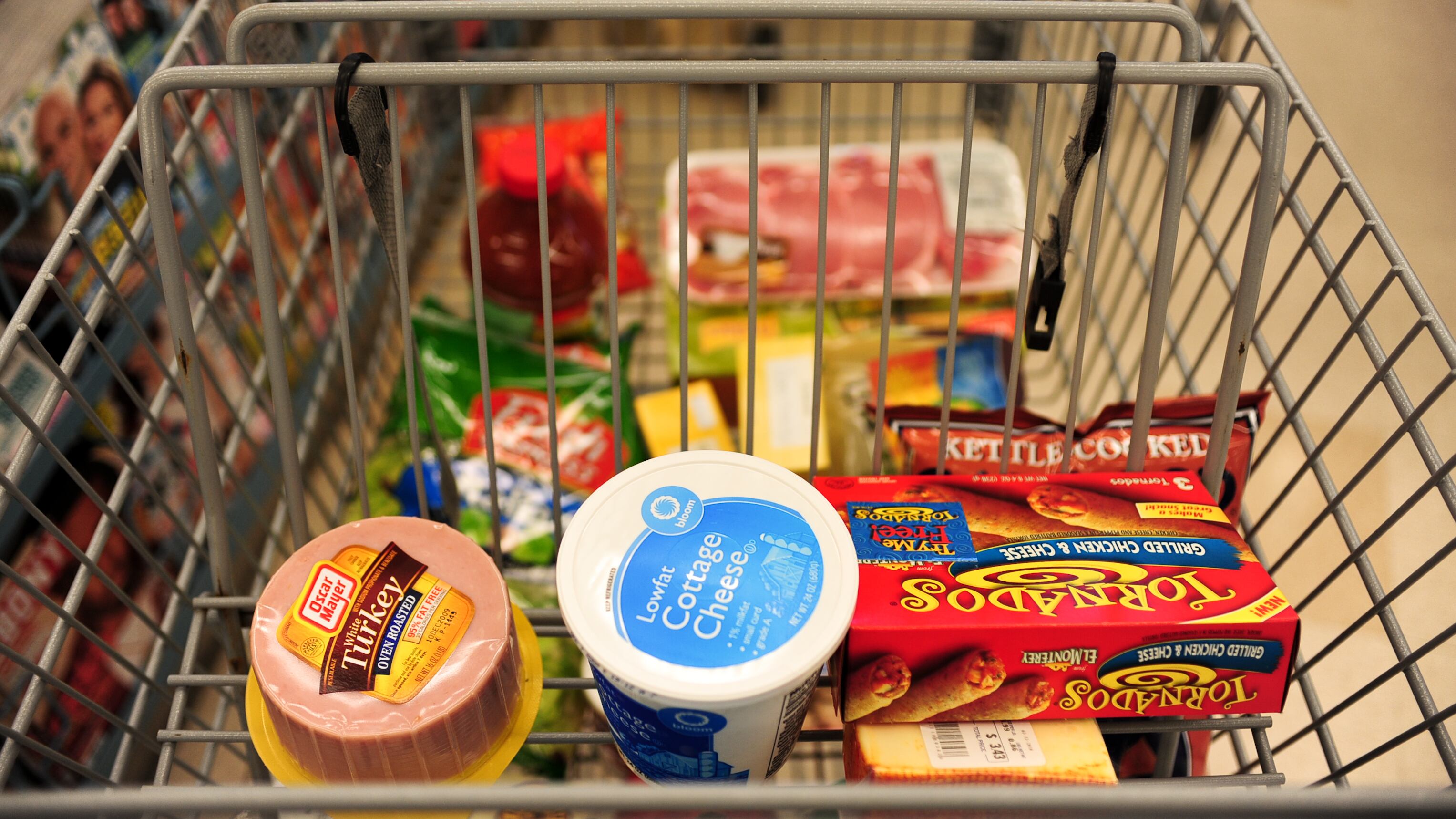Last month, workers at local Fred Meyer stores called for a boycott in response to low wages and an alleged gender pay gap.
The boycott was called off less than a week after it was announced when management presented an amended labor agreement that the workers union agreed to. On Friday, the United Food and Commerical Workers Local 555 released the terms of that agreement.
The three-year contract includes wage increases of up to $2 an hour for all workers over the course of the contract, a guaranteed 20-hour work week, added health benefits (such as dental, vision and hearing treatments), more stable pension benefits and improved vacation request language.
The union said in a statement that the new contract also "makes significant progress in achieving gender equity through higher wages for workers in the female-dominated, lower-paying departments, as well as a formalized path for opportunities to enter into higher-paying departments."
The UFCW Local 555 represents nearly 25,000 Fred Meyer, Safeway, Albertsons and QFC workers in Oregon and Southwest Washington and is the largest private sector labor union in Oregon. The labor contract was ratified by the union after 16 months of negotiation meetings with management.
Dan Clay, the union's president, said in a statement that the Local 555 "won this historic contract by being Union Strong."
"And we couldn't have done it without our communities coming together to stand with us," he said, "from shoppers to elected officials to workers' rights activists who demonstrated their support."
A Fred Meyer spokesperson said in a statement the company is "pleased to have reached an agreement that secures increased wages, continued premium health care coverage and pension stability."
"We thank our hardworking associates for continuing to serve our customers and communities every day," the statement continued. "Our top priority is to do what we do best—provide our customers with the freshest products and the friendliest associates."

